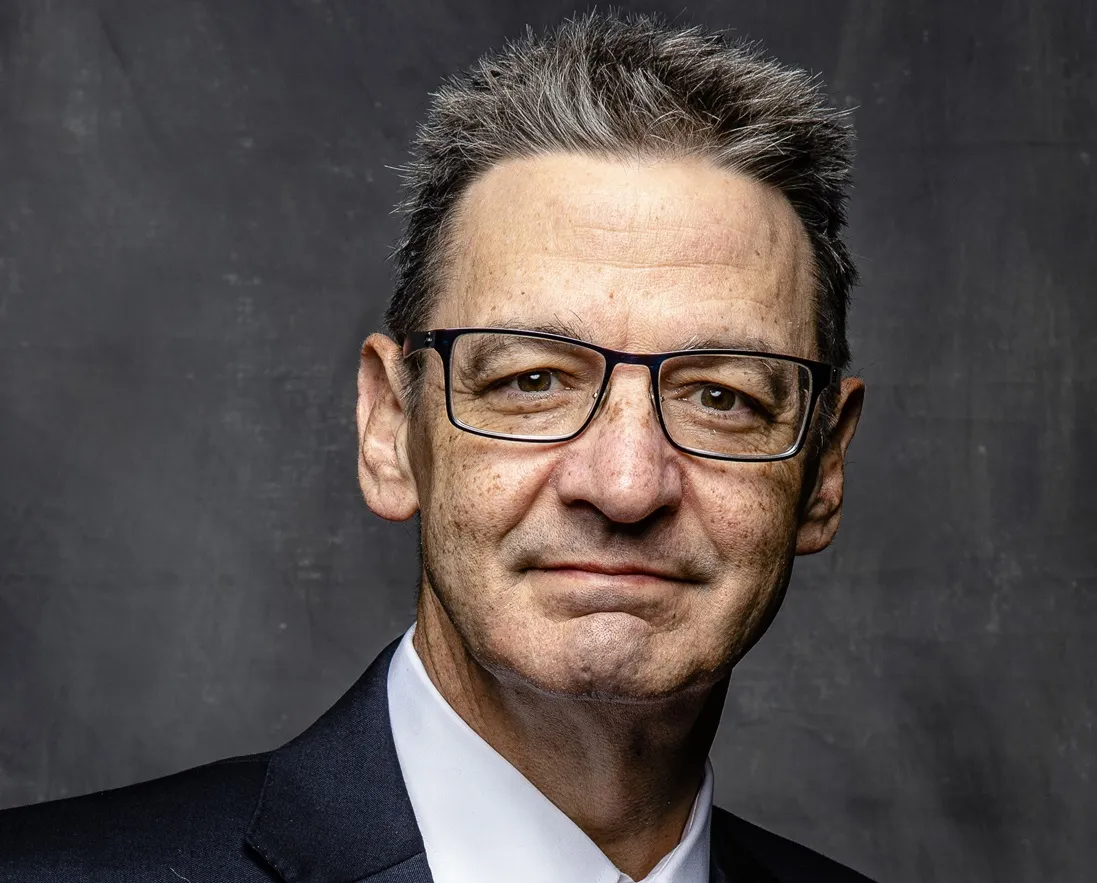The International Road Transport Union (IRU) and International Association of Public Transport (UITP), the two largest global road and public transport federations, have signed a Memorandum of Understanding (MoU) to cooperate and jointly advocate solutions to meet modern mobility challenges worldwide.
Supported by an annual Working Programme, the MoU sets the basis for cooperation on policy issues of common interest in public transport including taxis, education and professional training, social dialogue
October 10, 2014
Read time: 2 mins
The International Road Transport Union (IRU) and 3833 International Association of Public Transport (UITP), the two largest global road and public transport federations, have signed a Memorandum of Understanding (MoU) to cooperate and jointly advocate solutions to meet modern mobility challenges worldwide.
Supported by an annual Working Programme, the MoU sets the basis for cooperation on policy issues of common interest in public transport including taxis, education and professional training, social dialogue at EU level, as well as campaigning and joint work on projects and surveys.
Umberto de Pretto, IRU Secretary General, said: “One of the greatest challenges governments face today is ensuring sustainable mobility for everyone. Collective passenger transport can thrive and achieve its goal of doubling ridership and market share by 2025. However, it will require strong commitment, clear vision, leadership and partnership to establish an optimal market, legislative and fiscal environment. I am convinced that this enhanced IRU-UITP partnership will be instrumental in allowing us to better pool our resources in the interest of public transport passengers and societies worldwide.”
Alain Flausch, UITP Secretary General, said: “UITP is delighted to collaborate with IRU, an organisation committed to substantially increasing the number of customers in collective rail and road passenger transport. This objective goes hand-in-hand with UITP’s sector ambition to double the market share of public transport worldwide by 2025. The IRU-UITP partnership will enable both parties to work towards the promotion and development of high quality and efficient public transport systems that form the backbone of competitive cities and job creation”.
Supported by an annual Working Programme, the MoU sets the basis for cooperation on policy issues of common interest in public transport including taxis, education and professional training, social dialogue at EU level, as well as campaigning and joint work on projects and surveys.
Umberto de Pretto, IRU Secretary General, said: “One of the greatest challenges governments face today is ensuring sustainable mobility for everyone. Collective passenger transport can thrive and achieve its goal of doubling ridership and market share by 2025. However, it will require strong commitment, clear vision, leadership and partnership to establish an optimal market, legislative and fiscal environment. I am convinced that this enhanced IRU-UITP partnership will be instrumental in allowing us to better pool our resources in the interest of public transport passengers and societies worldwide.”
Alain Flausch, UITP Secretary General, said: “UITP is delighted to collaborate with IRU, an organisation committed to substantially increasing the number of customers in collective rail and road passenger transport. This objective goes hand-in-hand with UITP’s sector ambition to double the market share of public transport worldwide by 2025. The IRU-UITP partnership will enable both parties to work towards the promotion and development of high quality and efficient public transport systems that form the backbone of competitive cities and job creation”.








